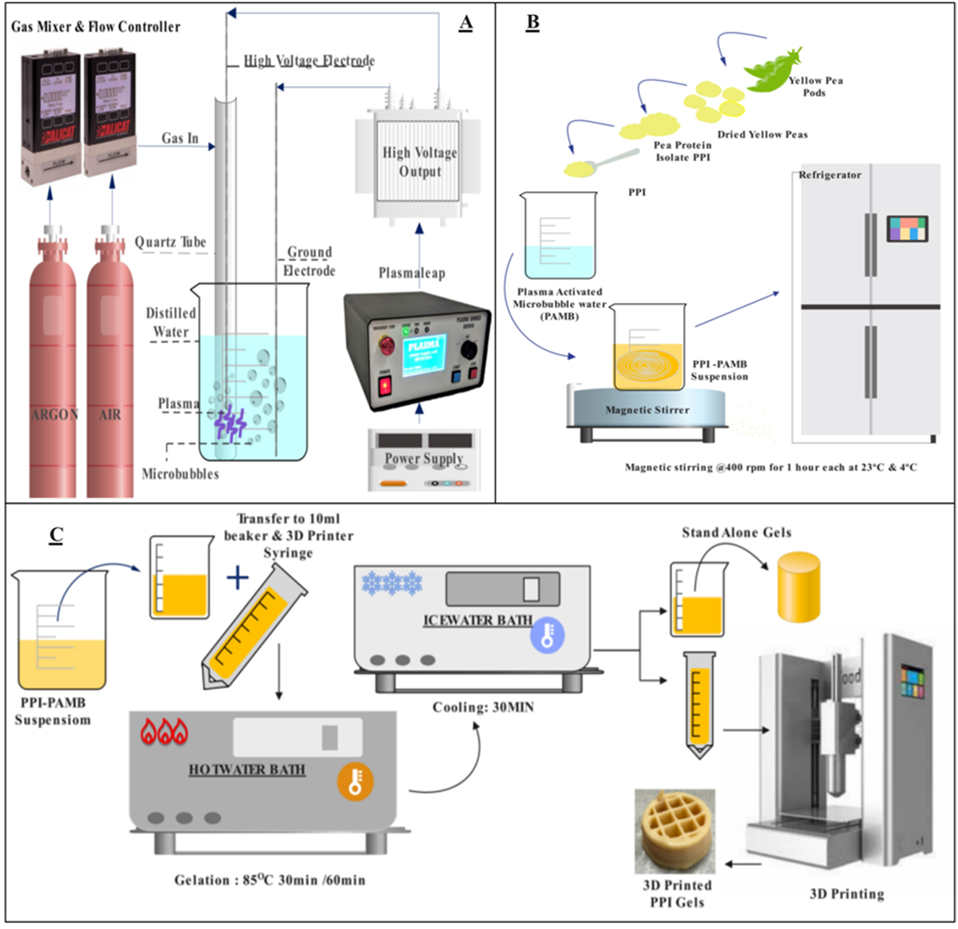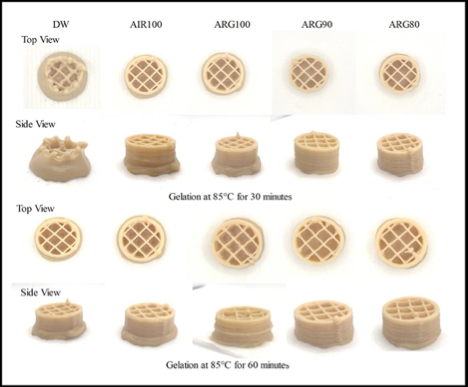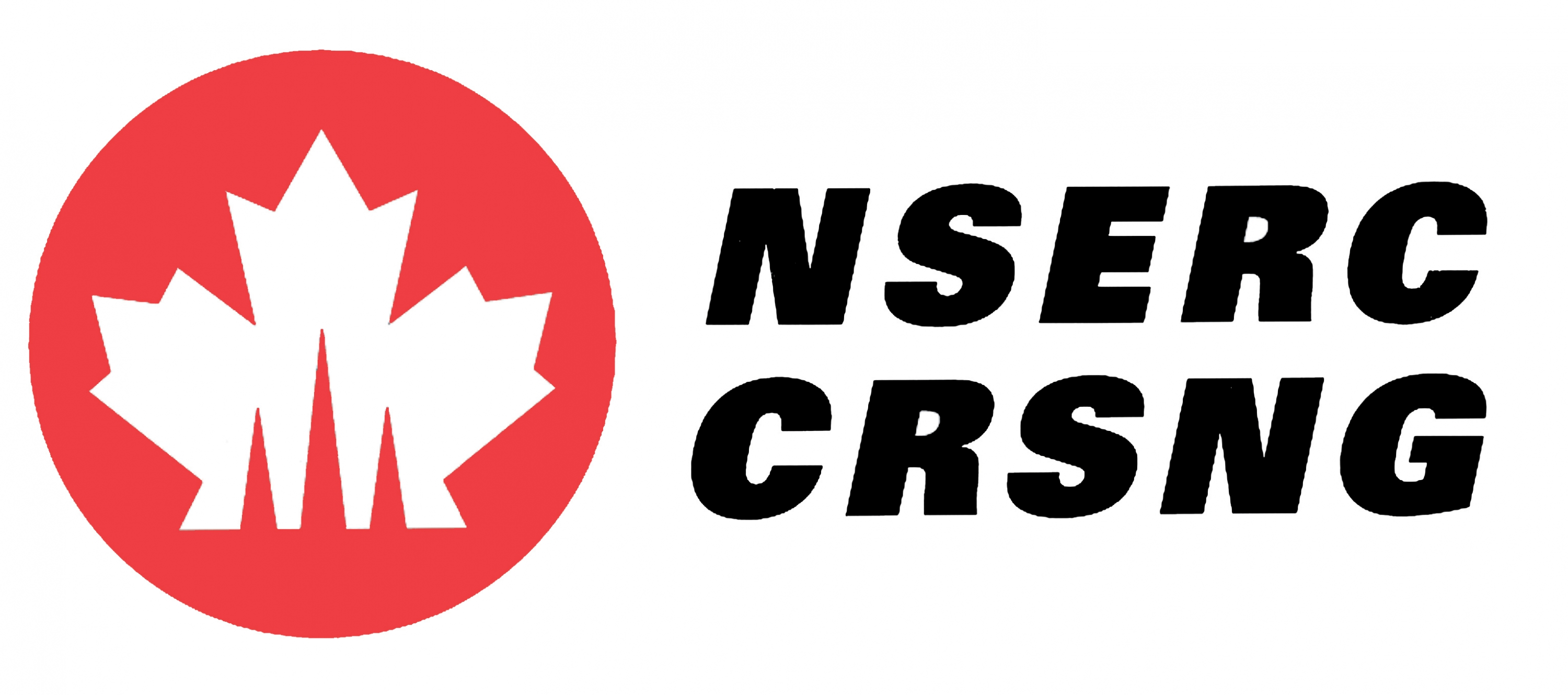To address recent consumer interest in plant protein-based food products, we are working on the projects funded by Alberta Innovates and NSERC CREATE, that focuses on the utilization of Canadian protein crops. Specifically, we are using cold plasma technology to improve the functional properties i.e., gelling, digestibility, and solubility of various proteins, which led to a patent application. For the first time, we demonstrated the ability of cold plasma technology as a pre-treatment to prepare strong pea protein gels without using high temperatures. We expanded this work by using plasma activated water bubble (PAWB) technology to prepare pea protein gels, which improved the 3D printability of pea protein gels, which is for the first time. Currently, we are expanding this research on understanding the 3D printability of other plant proteins by PAWB and developing a new plasma liquid processing.
Patents:
- Pulse protein gels (2022). (Patent Pending).
- Method to improve 3D printability of proteins (2024). (Patent pending).
Manuscripts:
- *Menon, S., Dhaliwal, H. K., Du, L., Zhang, S., Wolodko, J., Chen, L., & **Roopesh, M. S. Improvement in functionality and 3D printability of pea protein gels prepared by plasma activated microbubble water. More information.
- *Zhang, S., Huang, W., **Roopesh, M. S., **Chen, L. Pre-treatment by combining atmospheric cold plasma and pH-shifting to prepare pea protein concentrate powders with improved gelling properties. Food Research International. More information
- *Zhang, S., Huang, W., Feizollahi, E., **Roopesh, M. S., **Chen, L. Improvement of pea protein gelation at reduced temperature by atmospheric cold plasma and the gelling mechanism study. Innovative Food Science and Emerging Technologies. More information
Funding Support:

Collaborators:
Dr. John Wolodko, University of Alberta
Dr. Lingyun Chen, University of Alberta



